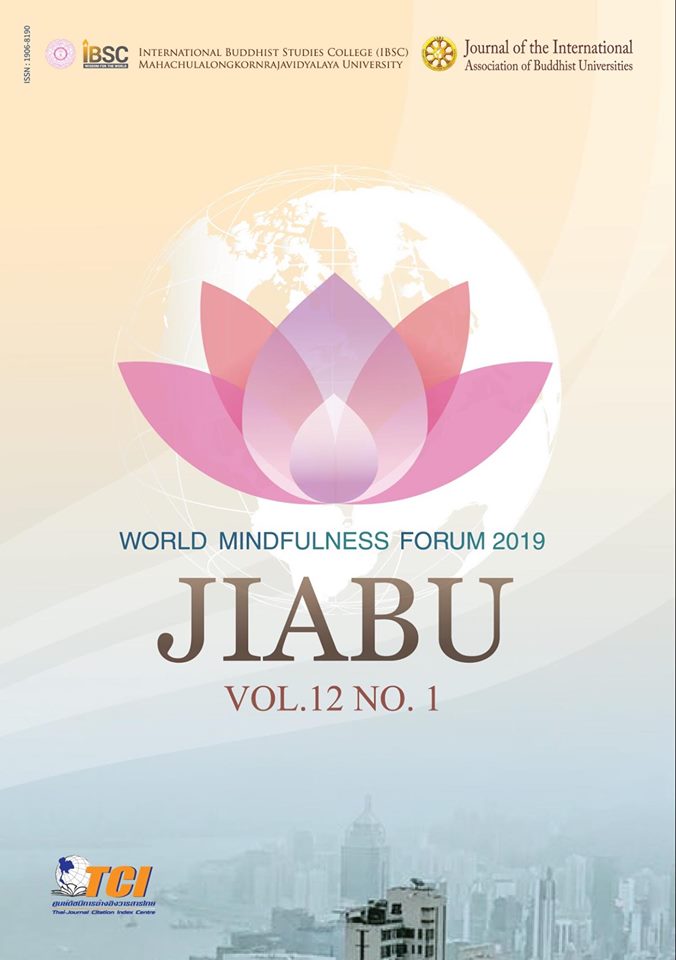The Doctrine of Perception in Buddhism
Main Article Content
Abstract
In the Indian classical epistemology major and, perhaps the most controversial
issue is the etymology of perception. Most of the Indian philosophical schools accept
perception as the primary means of knowledge, but differ on the nature, kinds, and objects
of perceptual knowledge. The Buddhist epistemology which is known as pramāna is the
study of right knowledge which is classified into two perception (pratyakṣa) and inference
(anumāna). Perception or pratyakṣa was declared as direct knowledge while anumāna was
understood as indirect knowledge.
The perceptual objects such as svabha, svalaksaṇa, self or the particular nature of the
object etc. and whether the external world truly exists or not—all these issues were crucially
debated, disputed during the period of Northern Main Buddhist stream or Nikāya Buddhism
within and out of the Buddhist schools. All these factors are indirectly and directly related
to the concept of perception. This paper will broadly focus on the doctrinal controversies
such as what can we know, and how we know it i.e. direct and indirect perception among
the different Buddhist schools.
Article Details
Views and opinions expressed in the articles published by The Journal of the International Association of Buddhist Universities (JIABU), are of responsibility by such authors but not the editors and do not necessarily reflect those of the editors.
References
Abhidhamma. Kandy: Buddhist Publication Society.
Dhammajoti, K. L. (2004). Abhidharma Doctrine and Controversy on Perception. Sri Lanka:
Center for Buddhist Studies.
Dhammajoti, K. L. (2002). Sarvastivada Abhidharma. Sri Lanka: Center for Buddhist Studies.
Bhatt, S. R. and Anu Mehotra (2000). Buddhist Epistemology. Westport: Greenwood Press.
Massaki H. (1999). Buddhist Theory of Perception. Journal of the American Oriental Society,
Vol. 119.
Zhihua Y. (2004). Dignāga. Four Types of Perception. Journal of Indian Philosophy. Vol. 32,
No. 1, pp. 57-79.
Matilal, B. K. (1986). Perception: An Essay on Classical Indian Theories of Knowledge.
Oxford: Clarendon Press.
Mondal, P. K. (1982). Some aspects of perception in old Nyaya. Journal of Indian Philosophy,
10(4): 357–376.
Ibempishak Devi, L. (1999). A Study of Early Buddhism with Special Reference to Theravada
and Sarvastivada. Retrieved on 16 Jun 2019 from https://shodhganga.inflibnet.ac.in/
bitstream/10603/69729/9/09_chapter%205.pdf


